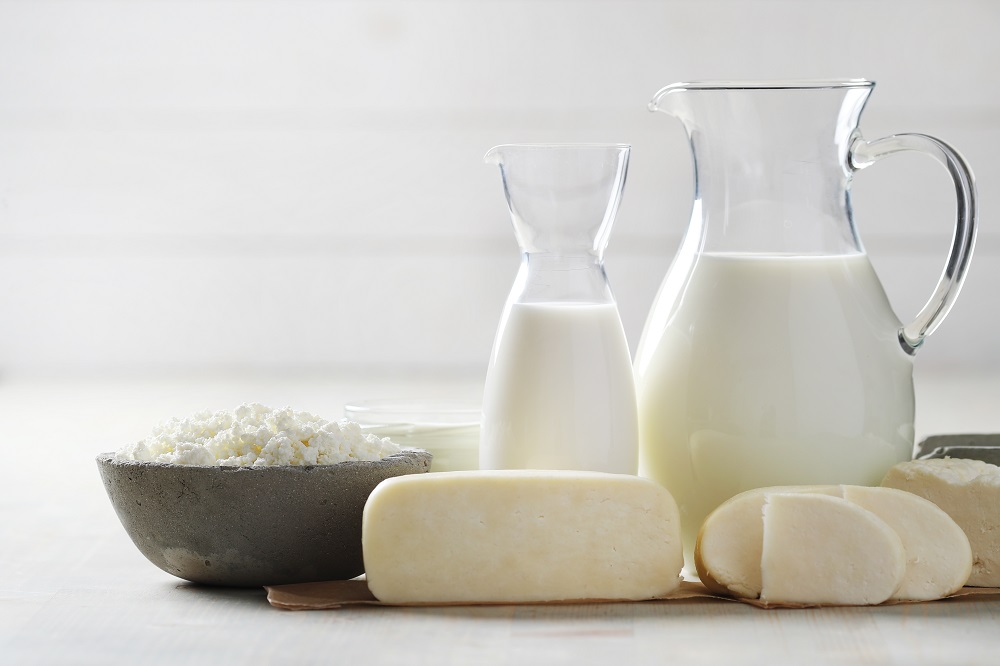"Milck" is neither milk, nor Milch: German court strengthens consumer protection

Something is moving in the area of consumer protection. In several legal cases designations of plant-based products likening to animal source foods have been forbidden to use the animal product names. This happened recently in Germany, where the start-up “The Hempany“, producer of plant-based drink from hemp seeds, had called their product “Milck“, clearly referencing the real cow’s milk. According to the court, the name “Milck” goes against the EU regulation protecting product names for milk and milk products. Unfortunately, such rules are still missing for the meat sector, where the debate on meat-sounding names is still open.
The German court strengthens consumer protection. The ruling is clear: “Milck” is too close to “milk” or the German word “Milch”, and the product is far away from sharing the nutritional qualities of milk. That was the judgment of the Stuttgart court: the name “Milck” cannot be used to refer to a plant-based drink that is not milk because it is a source of confusion for consumers, who deserve clarity and transparency instead. This is a new victory against misleading labels, similar to the story from England with Oatly, a producer of plant-based drinks from oats.
Here, too, the UK Advertising Standards Authority ASA banned Oatly’s marketing campaign, arguing that its claims were not scientifically proven and were misleading for consumers. Oatly argued that following a vegan diet would reduce a person’s environmental impact more than giving up flying, buying an electric car, or buying sustainable meat and dairy products. All false statements and not supported by scientific studies, according to the ASA.
Indeed, in examining this issue, the ASA said that Oatly overestimated the meat and milk industry emissions. In the comparison with transport it had not considered emissions from the whole life cycle of transport, but only direct emissions of vehicles, probably the most common error made when comparing emissions.
Similarly, the Center against Unfair Competition in Frankfurt has decided that German start-up “The Hempany” cannot use the fancy name “Milck” for advertising its vegan drink under the slogan “let’s milk hemp seeds instead of cows”. The product is far from having the nutritional qualities of natural milk, and plant-based drinks are not comparable in any way to real cow’s milk, neither for dietary values nor for health benefits.
This marketing between bashing and imitation is questionable, as there can be room for both dairy products and vegetable juices without the two necessarily coming into conflict. A good example of this was the development of vegetable margarine alongside butter.
The issue of confusion is also far from being annecdotal, a 2018 CNIEL study in France had shown that among consumers already 1 in 2 thought that milk and plant juices provided the same nutrients and 1 in 5 thought that these juices met the needs of babies. These naming issues will increase in the coming years with the proliferation of plant-based and purely synthetic substitutes.
The market of plant-based products proposed as substitutes of animal source foods is expanding, and, in Germany for example, more and more people are switching from the classic cow’s milk, to drinking vegetable products based on soy, almonds or oats. According to the Bundesanstalt für Landwirtschaft und Ernährung (BLE), consumption last year was almost 50 kilograms per capita. But the Stuttgart start-up is not giving up and has appealed. “We are very disappointed with the decision of the Court of Justice”, explains Dave Tjiok, CEO at The Hempany GmbH: “Consumer behaviour has changed radically, and one thing is certain: we will continue to make noise“.
On the other hand, the European Dairy Association,commented: “The ruling is clear: dairy terms are protected at EU level, safeguarding consumers’ nutritional and quality expectations. The German plant-based company was trying to blur the lines between their product and real milk, but there is no comparison in terms of nutritional quality – plant-based products cannot provide the full nutritional benefits that come naturally from milk. To protect consumers, we must have rules that avoid that people are misled about what to buy. Trying to imitate the uniqueness of our milk and dairy products is simply a threat to consumers’ capability of making properly informed choices”.